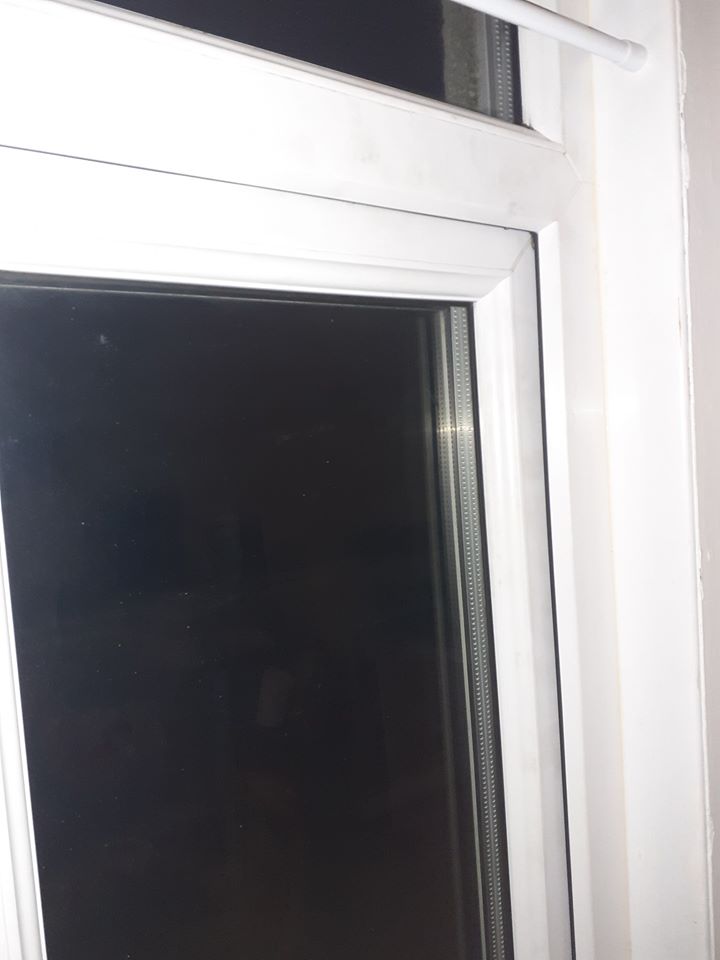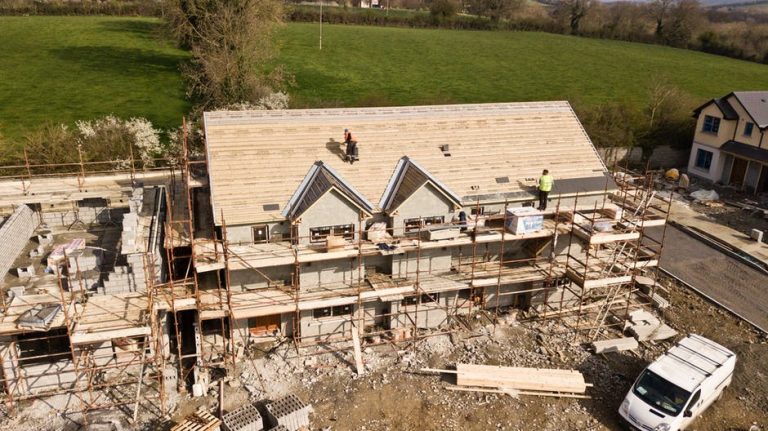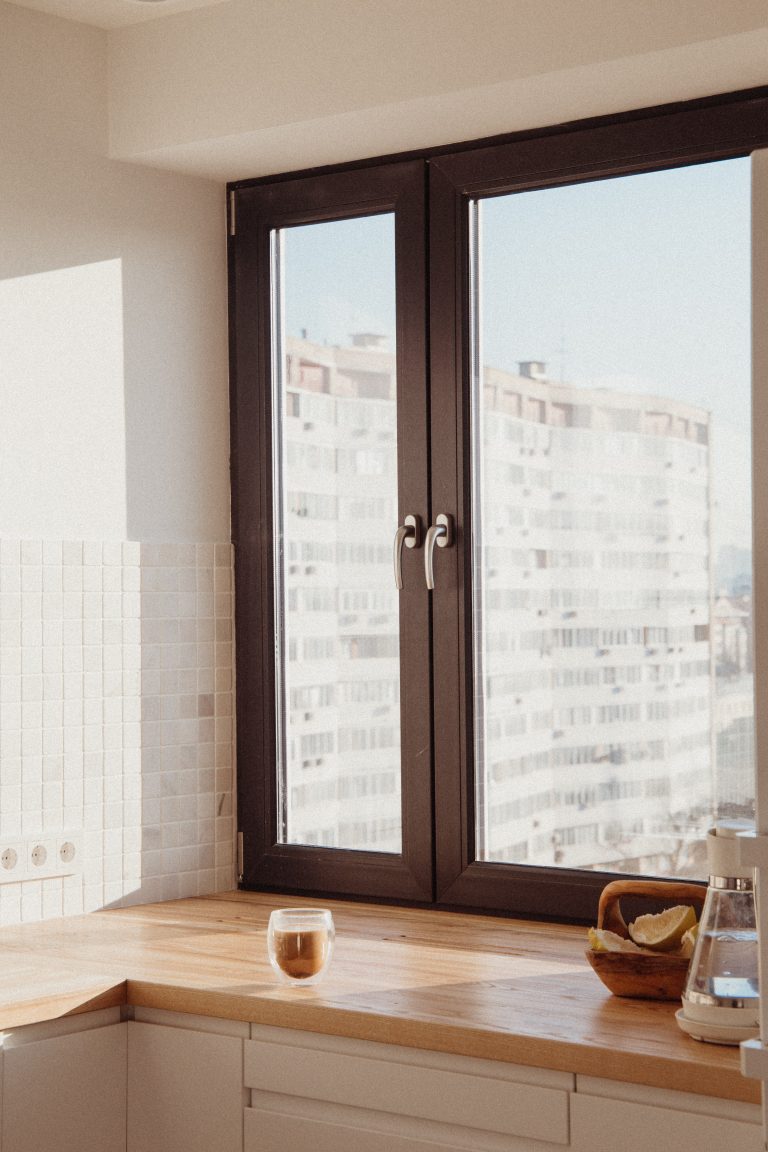UPVC windows are a popular choice for homeowners due to their durability, energy efficiency, and affordability. UPVC stands for unplasticized polyvinyl chloride, and it is a type of plastic that is known for its strength and weather resistance.
Windows are typically made up of two panes of glass that are separated by a layer of inert gas. This helps to insulate the home and keep it warm in the winter and cool in the summer. UPVC windows are also very durable and can withstand strong winds and heavy rains.
Benefits of UPVC windows
There are many benefits to choosing UPVC windows for your home, including:
- Durability: UPVC windows are very durable and can last for many years. They are also resistant to rotting, warping, and peeling.
- Energy efficiency: UPVC windows are very energy efficient and can help to reduce your energy bills. They do this by insulating your home and keeping it warm in the winter and cool in the summer.
- Affordability: UPVC windows are very affordable, making them a great option for homeowners on a budget.
- Security: UPVC windows are very secure and can help to protect your home from burglars. They are also difficult to break, which can help to deter crime.
- Low maintenance: UPVC windows are very low maintenance and do not require painting or staining. They can be cleaned with a simple soap and water solution.
Types of UPVC windows
There are a variety of different types of windows available, including:
Casement windows: Casement windows are the most common type of UPVC window. They open outwards on hinges and can be fully opened to provide maximum ventilation. Casement windows are a good choice for any room in the house, but they are especially popular in kitchens and bathrooms where good ventilation is important. Sash windows: Sash windows slide up and down in a frame. They are a popular choice for traditional homes, as they add a classic touch to any property. Sash windows are also a good choice for homes in areas with high winds, as they can be closed tightly to keep the elements out. Tilt and turn windows: Tilt and turn windows can either tilt inwards at the top for ventilation or open inwards like casement windows. This makes them a versatile option for any room in the house. Tilt and turn windows are a good choice for homes in areas with high winds, as they can be tilted open to allow for ventilation without the risk of them being blown open. Bay windows: Bay windows project outwards from the main wall of the house. They create a light and airy space and can offer stunning views. Bay windows are a good choice for living rooms and bedrooms, as they can create a focal point in the room. French Windows: French windows open outwards like French doors. They are a popular choice for patios and balconies, as they allow you to bring the outside in. French windows are also a good choice for living rooms and dining rooms, as they can create a sense of openness and space.Other types of UPVC windows include:
Awning windows: Awning windows open outwards from the bottom and are often used in basements and other areas where there is limited space. Top-hung windows: Top-hung windows open inwards from the top and are often used in kitchens and bathrooms to provide ventilation. Fixed windows: Fixed windows do not open and are often used in stairwells and other areas where ventilation is not required.Choosing the right windows
When choosing UPVC windows for your home, there are a few factors you should consider:
- Type of window: Decide what type of window is best suited for your needs. Consider the style of your home and the functionality you need.
- The material: UPVC windows are available in a variety of materials, including PVC, timber, and aluminium. Choose the material that is best suited for your budget and needs.
- The installer: It is important to choose a reputable installer for your UPVC windows. Make sure the installer is a member of a trade association and has good customer reviews.
Maintaining your windows
UPVC windows are very low maintenance, but there are a few things you can do to keep them looking their best:
- Clean your windows regularly: Clean your UPVC windows with a simple soap and water solution. You can also use a mild detergent, but be sure to avoid using harsh chemicals or abrasive cleaners.
- Lubricate the hinges: Lubricate the hinges on your UPVC windows with a silicone lubricant once a year. This will help to keep the windows opening and closing smoothly.
- Inspect your windows regularly: Inspect your UPVC windows regularly for any signs of damage. If you notice any damage, have it repaired by a qualified professional.
- Check the drainage holes. UPVC windows have drainage holes to allow water to escape. It is important to check these holes regularly to make sure they are not clogged. If you notice any clogs, clear them out using a wire or a pipe cleaner.
Getting the best quotes
The best way to get the best price for UPVC windows is to compare quotes from multiple installers. You should get at least three quotes from different companies before making a decision.- Get quotes from multiple installers: As mentioned above, you should get quotes from at least three different companies before making a decision. This will help you to compare prices and services.
- Be clear about your needs: When you are getting quotes, be sure to be clear about your needs. This includes the type of windows you want, the size of the windows, and the features you want. The more specific you are, the more accurate the quotes will be.
- Don’t be afraid to negotiate: Once you have received quotes from multiple installers, don’t be afraid to negotiate. Most installers are willing to negotiate on price, especially if you are willing to buy multiple windows.
- Look for discounts: Many installers offer discounts for seniors, military members, and veterans. You may also be able to get a discount if you are buying windows during the off-season.
How much do uPVC windows cost
The cost of uPVC windows varies depending on a number of factors, including the size of the window, the type of window, the materials used, and the installer you choose. However, as a general guide, you can expect to pay between £400 and £900 per window. Overall, uPVC windows are a good value for money. They are durable, low-maintenance, and energy-efficient. They are also available in a wide range of styles and colours, so you can find the perfect windows to match your home’s décor.Conclusion
UPVC windows are a great choice for any home. They are durable, low-maintenance, energy-efficient, and secure. They are also available in a wide range of styles and colors, so you can find the perfect windows to match your home’s décor.
If you are considering replacing your windows, be sure to consider UPVC windows. They offer a number of benefits that make them a great investment for your home.


